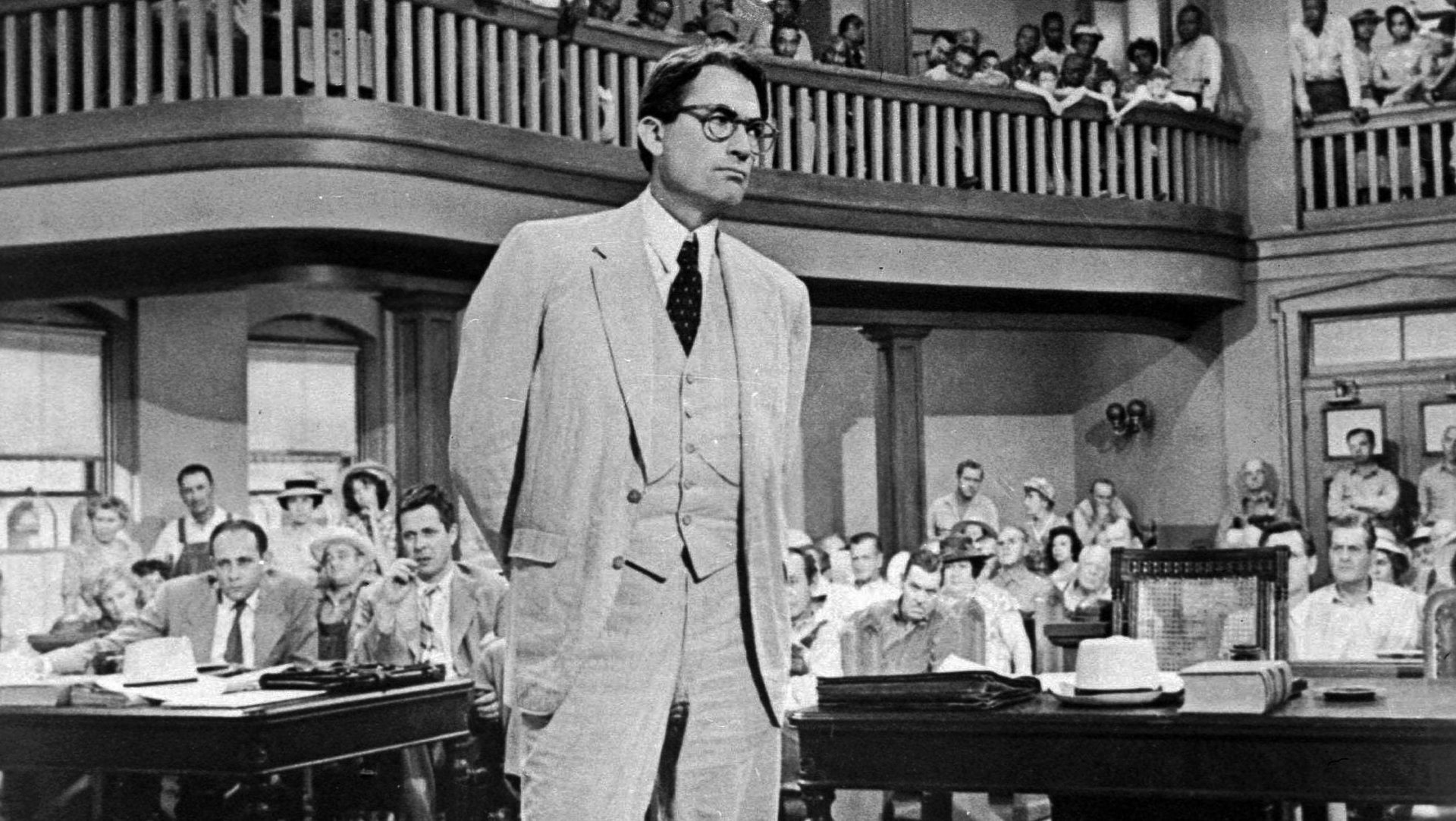Is Atticus Finch too good to be true? A new legal dispute debates his character
The litigious ghost of Harper Lee is haunting Times Square.


The litigious ghost of Harper Lee is haunting Times Square.
The Broadway adaptation of Lee’s classic 1960 novel about American race relations, To Kill a Mockingbird, is facing a legal challenge, reports the New York Times. The production by Scott Rudin is being adapted by Aaron Sorkin and stars Jeff Daniels as Atticus Finch, and is scheduled for a December premiere.
On March 13, Lee’s estate filed a complaint against Rudin’s theater company, Rudinplay. At the heart of the dispute is the moral fiber of Atticus Finch, father of the story’s narrator, Scout. Finch is a white lawyer in 1930s Alabama who defends an innocent black man charged with raping a white woman. He’s the central hero of the US curriculum standard, a representation of the moral triumph of one man against social and systemic racism, whose grandstanding was brought to life by Gregory Peck in a 1962 film adaptation.
“Based on Ms. Lee’s own father, a small-town Alabama lawyer who represented black defendants in a criminal trial, Atticus Finch is portrayed in the novel as a model of wisdom, integrity, and professionalism,” says the lawsuit. “Not just a courageous lawyer, Atticus Finch was also a wise and compassionate father.”
The estate hopes to preserve Atticus’s squeaky clean image from the novel. According to the lawsuit, the 2015 contract between Lee and Rudin said she would have approval over the playwright, and would be able to review any changes made to the script and would have the ability to make notes. Lee and her team approved Sorkin before Lee died in 2016.
The complaint doesn’t say exactly what the disturbing script changes are, and neither Lee’s estate nor Rudin’s lawyers returned requests for comment. But the document does reference comments made by Sorkin in a Sept. 2017 Vulture article:
He becomes Atticus Finch by the end of the play…He is in denial about his neighbors and his friends and the world around him, that it is as racist as it is, that a Maycomb County jury could possibly put Tom Robinson in jail when it’s so obvious what happened here. He becomes an apologist for these people.
“This action undertaken by the estate of Harper Lee is an unfortunate step in a situation where there is simply artistic disagreement over the creation of a play that Ms. Lee herself wanted to see produced,” a spokesperson for Rudinplay writes in a statement by email.
It may seem odd to hold a legal debate over the character of a fictional person, but Atticus Finch, perhaps because of his moral righteousness in To Kill a Mockingbird, has been controversial the last few years. In 2015, an 89-year-old Lee, a year away from death, released Go Set a Watchman, marketed as a sequel to her only other book, but with enough overlapping language that it cast doubt on her true intentions. In Watchman, a grown-up Scout confronts Atticus, who has become racist and segregationist in his old age, a development that shocked readers as much as it did the narrator. The revelations serve as an apparent lesson to the adult Scout, a dismantling of her father as a pillar of moral fortitude. Atticus is even the subject of a “biography” by historian Joseph Crespino, out in May from Basic Books.
At the same time, beyond the pages of To Kill a Mockingbird, the stories of black characters told by white people, as well as figures of white savior-dom, have also lost some of their shine among American liberals. Mainstream critics and audiences are beginning to scrutinize the systems that allowed for the successes of Harper Lee and the fictional Finches at the expense of creators and characters of color.
This story has been updated to include a statement on behalf of Rudinplay.